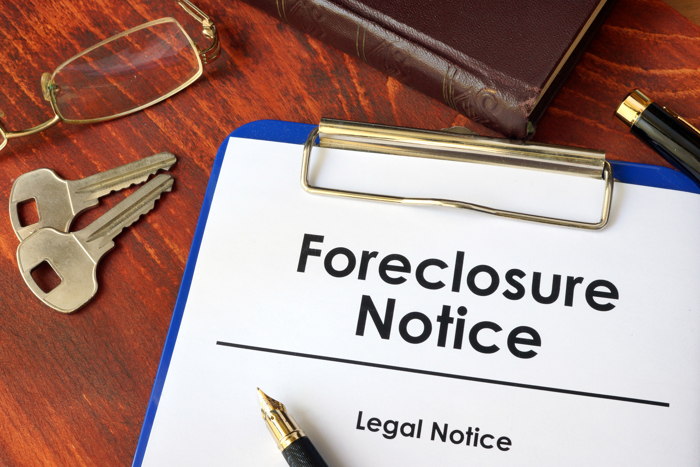
It’s a scary feeling knowing you’re on the cusp of repossession. You’re trying everything you possibly can to get on top of debt/arrears - taking up another job, making cuts in spending - but it doesn’t seem to be scratching the surface. When this leads to the repossession of your house, it’s hard to know what to do next. Fasthomes answer common questions regarding what happens after your house is repossessed.
If you are in arrears, if you haven’t settled all you owe within 80-190 days your lender can legally apply for an ‘order for possession’. After your house has been repossessed, your lender will try to sell the house to cover the debt, remaining mortgage and other fees/bills.
Your lender will sell your house via an estate agents or through auction. They are required to sell your house as quickly as possible and for the best possible price they can, and they should keep you in the loop with its status. However if you are suspicious that your lender isn’t doing this, you can take this up with the judge. Alternatively you could ask your lender and/or a judge to be given more time to sell the house yourself if you believe you could get a better price for it.
You’re probably wondering if your house is repossessed do you get any money back? Well, if it is sold for more than/equal to the amount you owe, your debt will be written off and you will be able to keep any surplus money. However, if the sale does not cover what is owed, this is called a ‘shortfall’ and you will have to make up the difference.
 (Copyright Willy Barton/Shutterstock.com)
(Copyright Willy Barton/Shutterstock.com)
After your house is repossessed, your lender is responsible for the house’s maintenance while they try to sell it. The price for this upkeep, repair, maintenance and more is down to you though. So if it takes a long time to sell, lenders will continue to add on these additional charges. We recommend making sure your house is in a good condition to avoid any unnecessary added expenses.
If you’ve been evicted, you will officially be declared homeless unless you have other accommodation organised. According to Housing Repossessions there are two main problems faced by people trying to find a new place to live:
Fortunately, there are some things you can do here, if you’re scared about what happens once your house is repossessed. You could contact the local authority who are obliged to help you find accommodation, even if only temporary. Not only this but asking social services and various charity and not-for-profit organisations for help could assist you in your dilemma. After all, homelessness is on the rise.

There are several things you can do after being victim to house repossession:
If you also require any other advice regarding homelessness, housing and more, take a look at some of our helpful articles!
